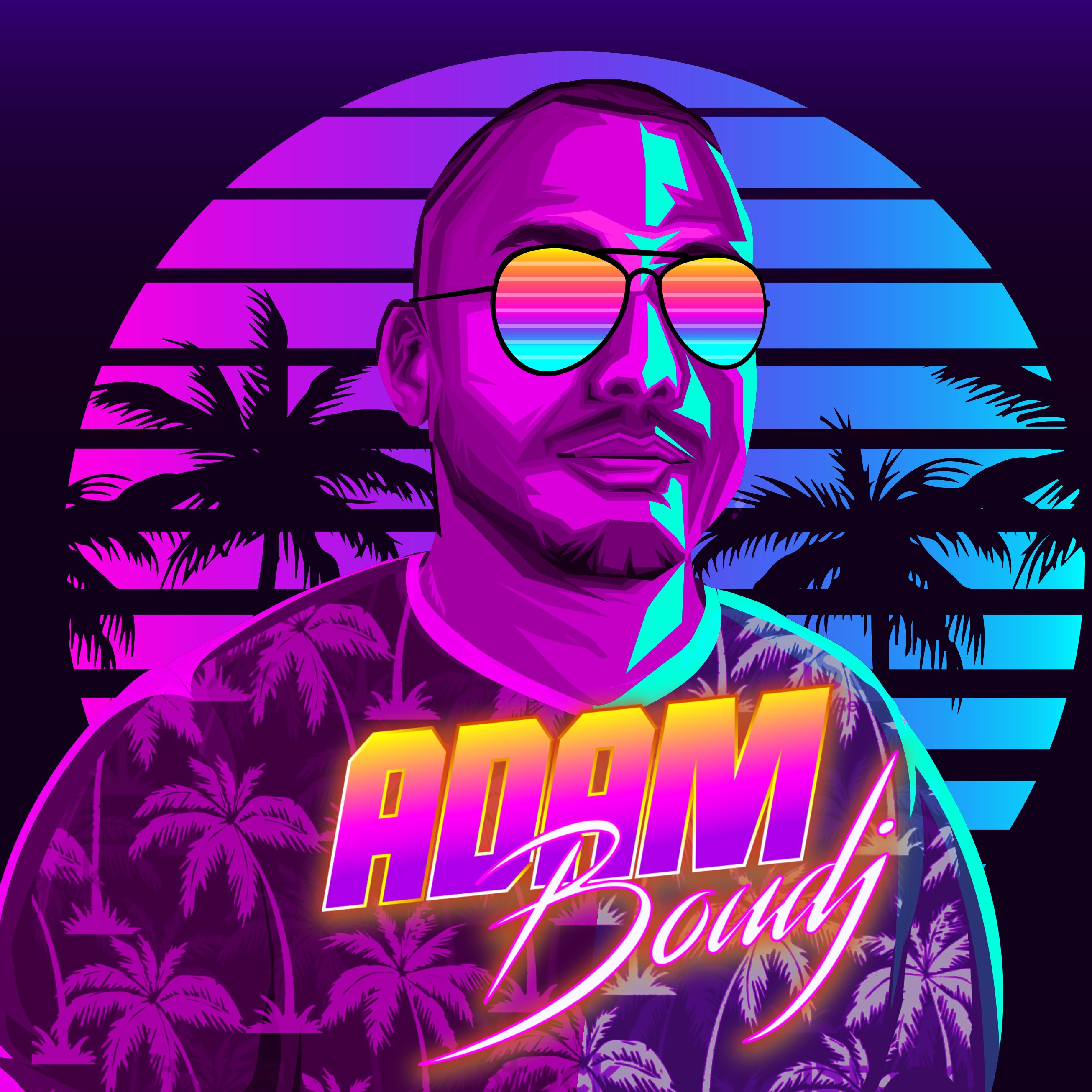284 reads
Shared Ownership Through Tokenization
by
August 7th, 2023
Audio Presented by

Blockchain Tech Lead at Biconomy 🍊, DeFi innovator, ERC-standards contributor (ERC3643 & ERC6960).
Story's Credibility

About Author
Blockchain Tech Lead at Biconomy 🍊, DeFi innovator, ERC-standards contributor (ERC3643 & ERC6960).
